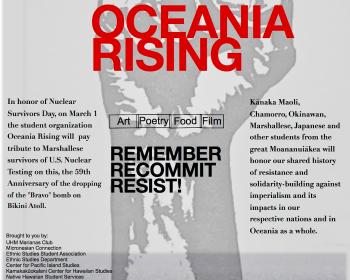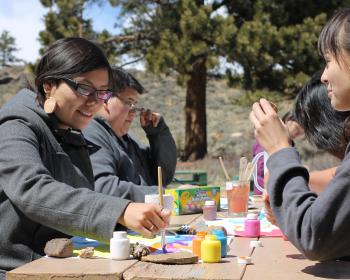Plymouth, IN: On May 13, 2013 students from several universities left Kansas on a two-month journey to Washington, DC, to save the Wakarusa Wetlands, Lawrence’s only remaining indigenous wetland prairie, from becoming the South Lawrence Trafficway (SLT). They referred to their journey as the Trail of Broken Promises and beginning this September they will continue to endorse the protection of Native American sacred places by traveling with the Trail of Death Association’s 6th Commemorative Caravan.



